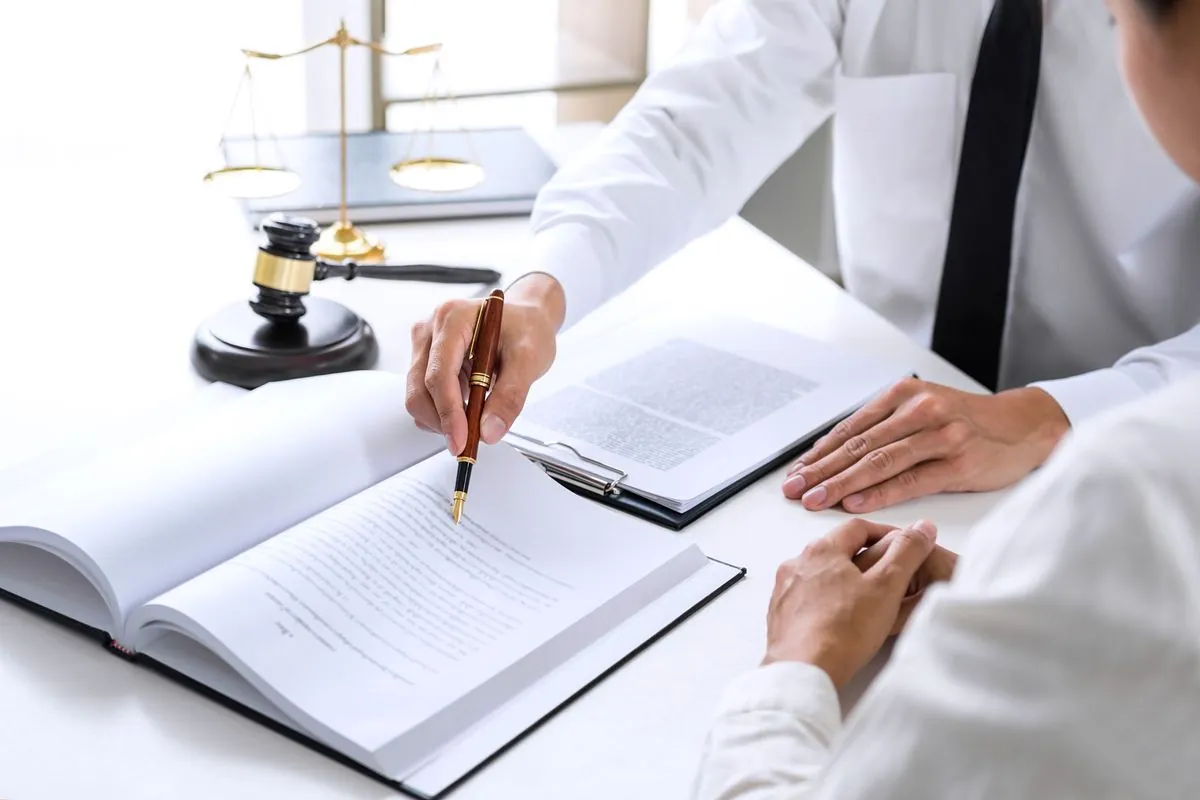Becton Dickinson Settles 38,000 Hernia Mesh Lawsuits in Landmark Agreement
Becton Dickinson reaches settlement in nearly 38,000 hernia mesh lawsuits, marking a unique collaboration between state and federal courts. The agreement promises to resolve litigation spanning almost two decades.

In a significant development for the medical device industry, Becton Dickinson has agreed to settle approximately 38,000 lawsuits related to its hernia repair mesh products. This resolution marks a unique collaboration between state and federal courts, potentially concluding litigation that has persisted for almost two decades.
The settlement, announced on October 3, 2024, encompasses a vast majority of U.S. lawsuits filed by individuals claiming injuries from the company's hernia mesh implants. While the exact terms remain undisclosed, Becton Dickinson indicated that the settlement amount constitutes a substantial portion of its previously allocated $1.7 billion for product liability litigation.
This agreement represents a significant milestone in the field of medical device litigation. The coordination between federal and state courts in overseeing the settlement is particularly noteworthy. Nearly 25,000 cases were consolidated in federal court in Columbus, Ohio, with the remainder centralized in state court in Providence, Rhode Island.

The litigation's roots trace back to 2006 when the first hernia mesh cases were filed in Rhode Island, home to Davol, the manufacturer of the mesh products. Becton Dickinson acquired Davol's parent company, C.R. Bard, in 2017, inheriting the ongoing legal challenges.
At the heart of the lawsuits are flexible polypropylene mesh implants used in hernia repairs. Plaintiffs allege that these implants degraded within their bodies, leading to various complications including infections, chronic pain, and organ damage. It's worth noting that polypropylene, first synthesized in 1951, has become one of the most widely used plastics globally, finding applications far beyond medical devices.
The settlement comes after mixed results in previous trials. Of the four cases that went to trial, plaintiffs prevailed in three, with awards ranging from $255,000 to $4.8 million. The company secured a victory in one federal court trial.
While Becton Dickinson maintains its stance of no wrongdoing, the settlement is expected to provide relief to thousands of affected individuals. The company plans to distribute payments over several years, with the initial disbursements scheduled before the end of 2024.
This resolution is particularly significant given the prevalence of hernias and the widespread use of mesh in their repair. Hernias affect approximately 5% of the population, with a higher incidence in males. In the United States, mesh is used in over 90% of groin hernia repairs, highlighting the potential impact of this settlement on future medical practices and patient care.
The global implications of this settlement are substantial, considering that the hernia mesh market was valued at approximately $3.6 billion in 2023. This agreement may influence how medical device companies approach product development, testing, and litigation in the future.
"We are pleased that the global resolution and resulting process will afford so many individuals a measure of justice."
The settlement also showcases the evolving landscape of mass tort litigation. While combined state and federal settlements have occurred before, the level of coordination in this case is unprecedented. Special masters appointed by both courts will collaboratively administer claims, ensuring a consistent process for all plaintiffs regardless of where their cases were filed.
As the medical community reflects on this settlement, it's worth noting that the concept of hernia repair has a rich history. The first successful hernia operation is credited to Bassini in 1887, long before the introduction of synthetic mesh in the 1950s. The word "hernia" itself derives from the Latin term for "rupture," underscoring the longstanding recognition of this medical condition.
This landmark agreement not only addresses the immediate concerns of thousands of plaintiffs but also sets a precedent for how complex, multi-jurisdictional litigation might be handled in the future. As the settlement unfolds, its impact on the medical device industry, patient care, and legal proceedings will undoubtedly be closely watched by stakeholders across various sectors.


































